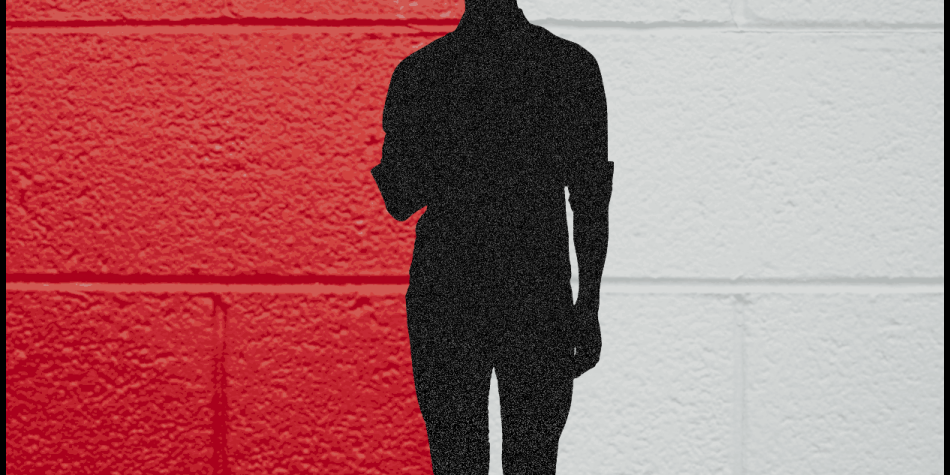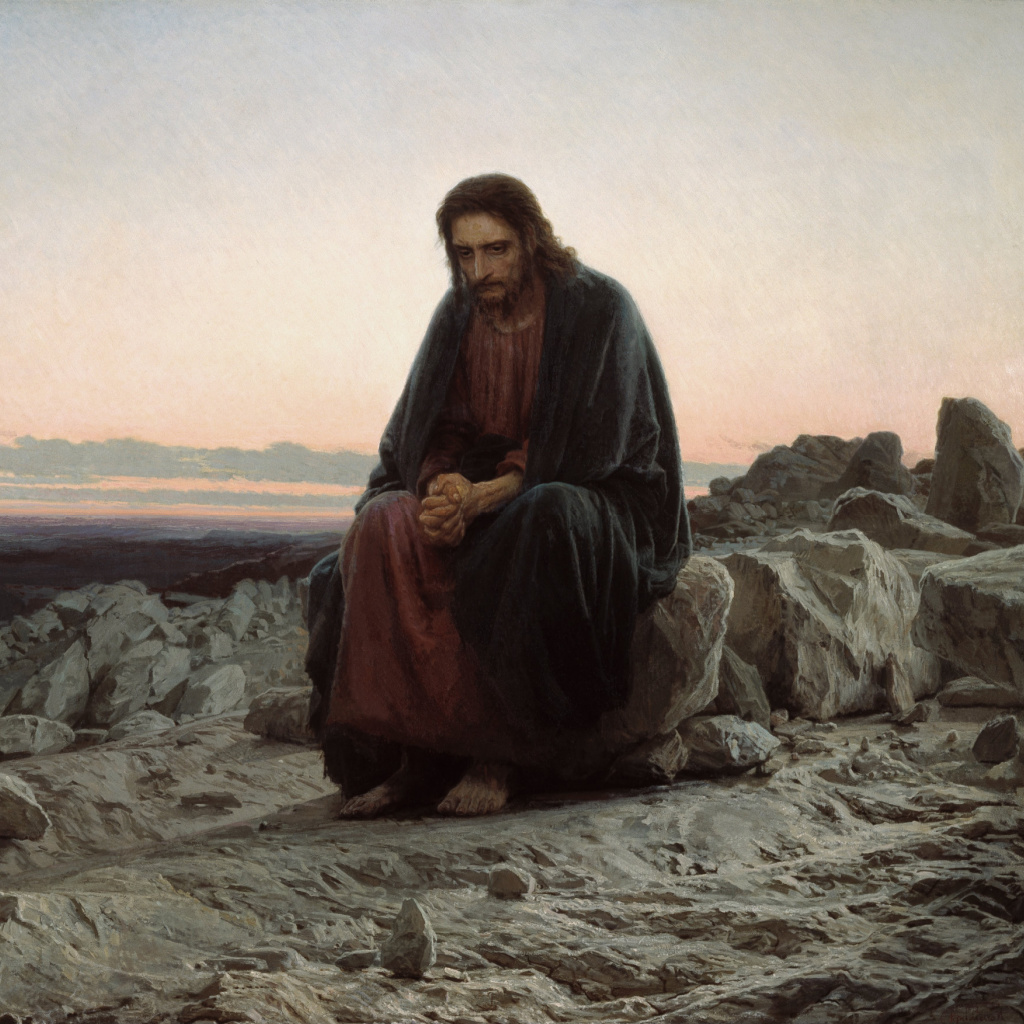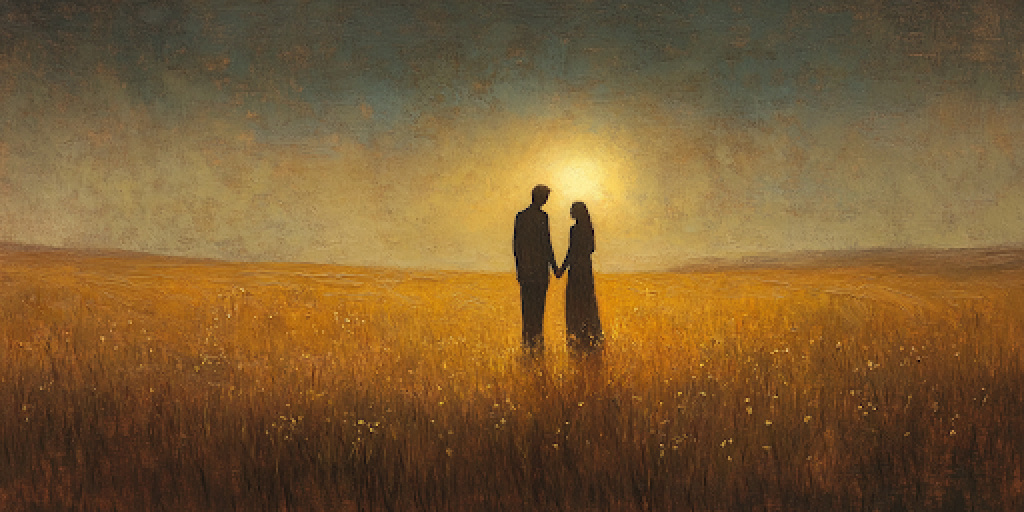As Americans, we love to talk about the high value of “pluralism” and “free speech.” When push comes to shove, however, I have learned in fifteen years of exploring liberal-conservative dialogue that most people have a red line when it comes to acceptable disagreements—hinting at an issue about which (in their judgment) it is not okay to disagree openly. At least not in their presence.
What’s yours?
However subtle this reality has always been, count this as one more thing the 2020 conglomeration of crises tore the veil off of—with mounting numbers of Americans vigorously standing up against those raising minority, less popular views on a whole variety of issues—from systemic racism and climate change to pandemic response and electoral security. Whatever space we might have felt existed to publicly disagree on any of these questions, most people now feel less confident in that space.
Whatever space we might have felt existed to publicly disagree on any of these questions, most people now feel less confident in that space. A remarkable 62% of Americans reported holding political views they’re afraid to share in a 2020 Cato Institute Survey— reflecting a rise in four points since 2017 when 58% of Americans agreed that “the political climate these days prevented them from saying things they believe because others might find them offensive.”
It’s important to note that these fears were not exclusive to any particular side—crossing all kinds of divisions, with majorities of Democrats (52%), independents (59%), and Republicans (77%) all agreeing they have political opinions they are afraid to share.
Can you feel the chill in the air? Most people do—wondering if they can say what’s really on their minds, in their own neighborhood, in their faith community, and in the country as a whole—or even in their own households. As these statistics make abundantly clear, this is not just a conservative or a religious fear. Last year, the brilliant Harper’s Letter decrying cancel culture was signed by 153 prominent Americans—most of whom were left of center.
The questions about which we’re unsure-whether-space-to-disagree-still-exists span the gamut. We wonder if it’s still okay to have questions about climate change—or whether that makes us “anti-science” and as ignorant as other “deniers” of obvious realities.
We wonder if it’s okay to have questions about the presumed universal pervasiveness of “systemic racism”—or whether doing so betrays our own insidious “white privilege.”
We wonder if it’s okay to have questions about masking and social distance policies—or the the COVID-19 vaccine widely promoted as unquestionably “safe and effective” and the long-awaited answer to stemming the pandemic? Or, does harboring any such questions, in fact, threaten public health to such a degree we better keep these questions to ourselves?
We wonder if it’s okay to have questions about the legitimacy and security of our recent election—or, perhaps, does harboring such concerns classify us with “traitors” and “seditionists?”
We wonder if it’s okay to have questions about any of this in our public spaces, in our neighborhoods, online in social media, in our faith communities—and even in our own family gatherings.
All this is felt most acutely in our own households—and in our households of faith. Is it okay for followers of Jesus to disagree about any of this (or not)? Are our bonds as believers defined by a commitment to following Jesus (for Christians)—or according to core doctrines of the restoration (for Latter-day Saints)?
Or are perhaps certain conclusions on some of these other questions also tied into what our Lord would have us do?
This is an especially pressing question on many minds with the recent public statements from leaders of the Church of Jesus Christ about the COVID-19 vaccine. Does their encouragement to take the vaccine shift this question away from one where Latter-day Saints may legitimately and thoughtfully disagree—making it, instead, another matter of whether we have sufficient “faith in a living prophet” in our day and age?
That’s certainly how many Latter-day Saints now see it—with some framing the issue in starkly moral terms: “Everyone who can obtain one should. It’s less a matter of personal choice and more a matter of one’s duty to his or her neighbors.”
Whatever your conclusion on this or other questions, it’s unsettling to have views you legitimately hold suddenly turn into matters on which you could be seen as being a traitor, or a bigot, or “anti-scientific” (or insufficiently faithful) for holding them. Don’t you care about other human beings? Don’t you care about science? Where is your faith?! It’s unsettling to have views you legitimately hold suddenly turn into matters on which you could be seen as being a traitor, or a bigot, or “anti-scientific” (or insufficiently faithful) for holding them.
This same urgency now applies to a host of other issues. How dare you question the integrity of our elections. Don’t you care about democracy and the continuity of our institutions?!
How dare you question the reality of climate change as the greatest crisis facing our country. Don’t you care about the health and sustainability of our planet?!
How dare you question the universality of systemic racism in America today. Don’t you care that black lives matter?
Herein lies the difference between “red line” questions—and other, more acceptable questions. In the case of the latter, thoughtful, good-hearted people may well openly disagree—and decide to carry on a rousing conversation about those differences.
But if you’ve crossed the red line, not so fast. When that happens, you’re no longer allowed to disagree and still be regarded as thoughtful—certainly not good-hearted.
If you choose to hold unpopular views on any of these issues, we might hope you would keep your thoughts to yourself. If you choose to share your thoughts, we certainly hope you would be wise enough to keep them to those who think as you do (as religious folks have been gently encouraged to do when it comes to their views on traditional marriage and family for years now … fine to hold them; just don’t share them very far).
And if you do choose to share them broadly, why then, don’t be surprised if we have to take certain measures to either (a) ensure you are publicly rebuked, reprimanded, scolded, and embarrassed, and/or (b) add a notice next to your public sharing conveying to everyone who might read it that what you are saying is NOT true—and has been proven so by the “fact-checker” (that, of course, we all know to be operating free of any worldview, latent bias or prejudice of their own).
What would we do without these invaluable monitors of truth reminding and making clear to all of us what was factual and true in the world today?
And so we keep quiet. Fearful of the scorn. Worried about being told our views are “disproven” or “anti-science” or “anti-public health” or “reckless” or “dangerous” or “anti-black” or “nativist” or sympathetic to “white supremacy” or “hateful” etc.
We shut up—and with our gentle assent, we are led down a path that we know not what will entail. But the Father of our Country, George Washington, knew what it entails when he declared in a speech to soldiers in 1783:
If Men are to be precluded from offering their Sentiments on a matter which may involve the most serious and alarming consequences that can invite the consideration of Mankind, reason is of no use to us; the freedom of Speech may be taken away, and, dumb and silent we may be led, like sheep, to the Slaughter.
May we not be led along so dumb, so silent, and so ignorant.
May we all, on the right and on the left and in between, fight to preserve this most precious of gifts—and among the greatest of rights given to men and women by on high.
















